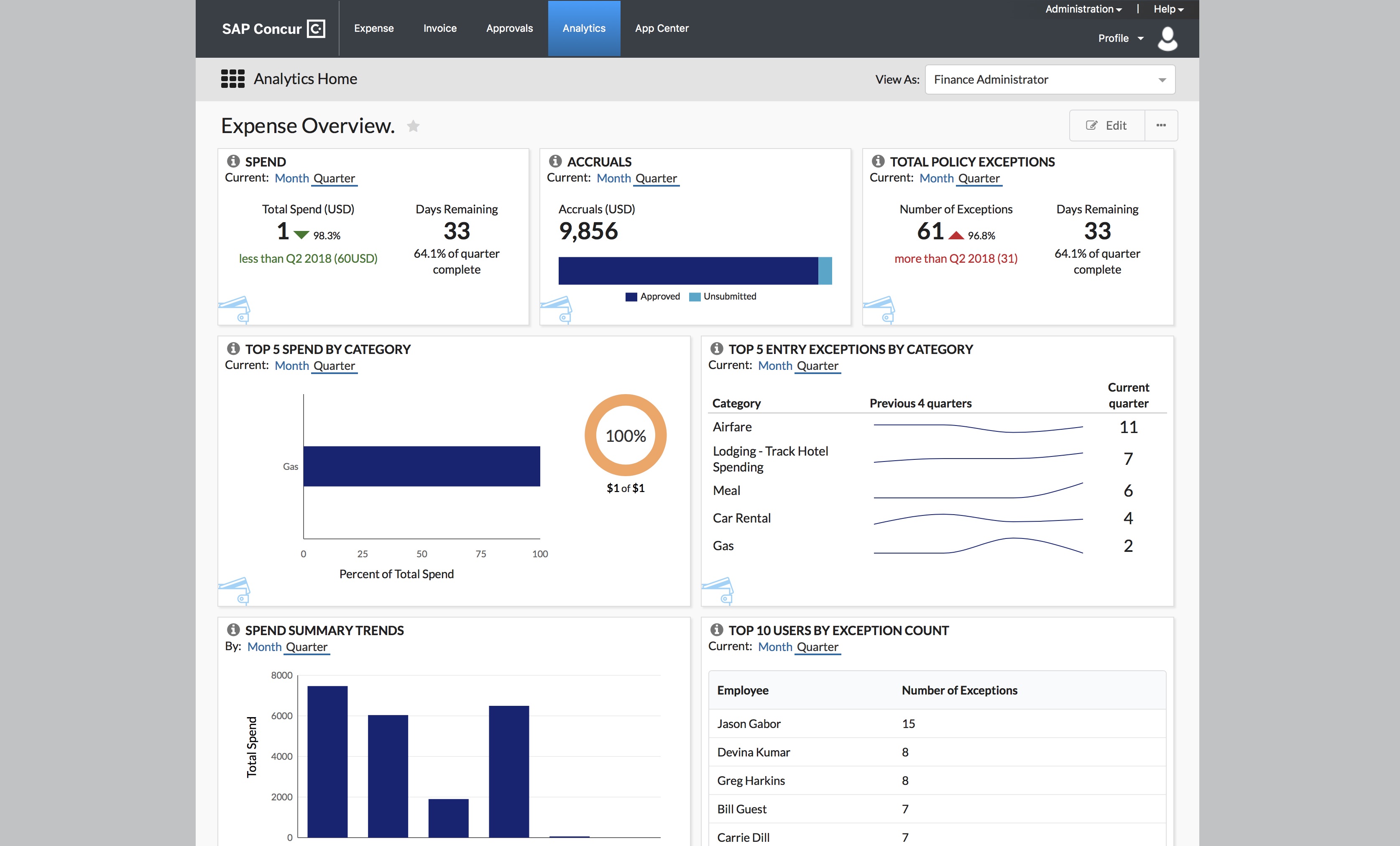Alternatives to Rossum
1. Ramp
+Pros
- Template-Free Extraction Technology eliminates extensive setup and configuration .
- Rapid Deployment Capabilities deliver SMB implementations in 2-4 weeks .
- Proven Performance Metrics include processing time reductions from 5-8 minutes to 1-2 minutes per invoice .
-Cons
- OCR Accuracy Constraints affect 15% of transactions involving handwritten or complex documents .
- Mobile Approval Experience represents an area noted for improvement in user feedback .
One highlighted feature and why it's amazing
AI that suggests GL codes without pre-mapped templates .

Another highlighted feature of why it’s amazing
Delivers measurable processing improvements, reducing invoice handling from 5-8 minutes to 1-2 minutes per invoice .
2. SAP Concur
+Pros
- Market-leading integration capabilities
- Proven enterprise scalability
- Advanced AI capabilities
- Comprehensive compliance features
-Cons
- Potential scalability constraints beyond 400 monthly invoices
- Cost structure challenges with premium pricing
- User experience concerns with UX complexity
One highlighted feature and why it's amazing
Leverages template-free data extraction that automatically captures vendor information, line items, and compliance details from diverse document formats without requiring pre-configured templates.

Another highlighted feature of why it’s amazing
Distinguishes SAP Concur from point solutions by providing unified travel, expense, and invoice management within a single platform.
Other Alternatives
Stampli
Tipalti
UiPath
Yooz
How We Researched This Guide
About This Guide: This comprehensive analysis is based on extensive competitive intelligence and real-world implementation data from leading AI vendors. StayModern updates this guide quarterly to reflect market developments and vendor performance changes.
248+ verified sources per analysis including official documentation, customer reviews, analyst reports, and industry publications.
- • Vendor documentation & whitepapers
- • Customer testimonials & case studies
- • Third-party analyst assessments
- • Industry benchmarking reports
Standardized assessment framework across 8 key dimensions for objective comparison.
- • Technology capabilities & architecture
- • Market position & customer evidence
- • Implementation experience & support
- • Pricing value & competitive position
Research is refreshed every 90 days to capture market changes and new vendor capabilities.
- • New product releases & features
- • Market positioning changes
- • Customer feedback integration
- • Competitive landscape shifts
Every claim is source-linked with direct citations to original materials for verification.
- • Clickable citation links
- • Original source attribution
- • Date stamps for currency
- • Quality score validation
Analysis follows systematic research protocols with consistent evaluation frameworks.
- • Standardized assessment criteria
- • Multi-source verification process
- • Consistent evaluation methodology
- • Quality assurance protocols
Buyer-focused analysis with transparent methodology and factual accuracy commitment.
- • Objective comparative analysis
- • Transparent research methodology
- • Factual accuracy commitment
- • Continuous quality improvement
Quality Commitment: If you find any inaccuracies in our analysis on this page, please contact us at research@staymodern.ai. We're committed to maintaining the highest standards of research integrity and will investigate and correct any issues promptly.